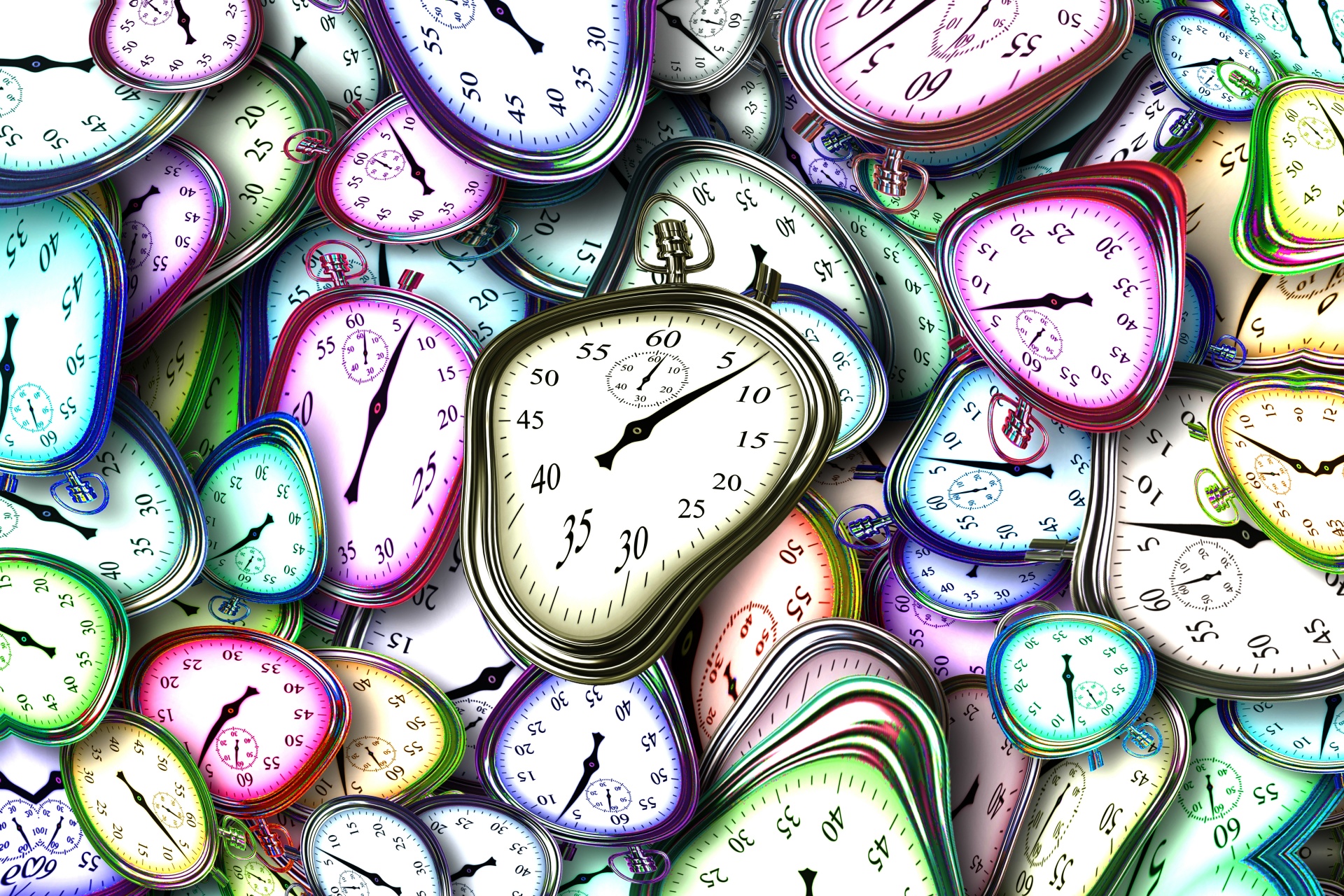The illusion of effortlessness
We like performance that looks effortless. Truth is that top performers work hard. They’ve evaluated more business plans, played more scales, sunk more layups, or painted more canvases than the rest of us. They’ve honed their skills through intentional learning and deliberate practice.
A Mind to Grow
Attitude matters. A lot. If you think you can improve with hard work, you can. If you believe performance is limited by talent or physical characteristics, it is. Both are true. Talent matters. Anatomy makes a difference. But with the right attitude, you can overcome the limits of natural ability.
The illusion of effortlessness
We like performance that looks effortless. Truth is that top performers work hard. They’ve evaluated more business plans, played more scales, sunk more layups, or painted more canvases than the rest of us. They’ve honed their skills through intentional learning and deliberate practice.
Chock full of the latest brain science to explain not just what you should do to be a great leader & manager but importantly—WHY.
Well thought out and researched, brilliantly structured and with great and positive advice.
Great read, direct and to the point. No fluff. Great for reference.
Mental Simulations and Other Ways to Make Better Decisions
Do you follow a formalized process or framework for making decisions? Probably not. Although many of us are familiar with the decision-making process of understanding the problem, identifying and evaluating alternatives, then choosing the alternative with the highest rating, we usually don't go through all these steps. Instead, we use heuristics, rely on past results, or follow other people's actions.
Why Reflection Is Important
Reflection can help us improve performance through learning while at the same time increasing our sense of well-being. Reflection allows us to appreciate positive experiences. From schoolrooms to boardrooms, reflection is essential for learning, helping us to give meaning to our experience, learn from mistakes and increase purpose-driven action.
Create Time Abundance and Have the Time of Your Life
The only decision we make is how to spend our time. What we choose to do and who we choose to be with at any moment. Everything else in our life stems from this decision. What we achieve. What relationships we build. What skills we develop. We are the sum of what we choose to do with our time.
Learning to Have a Difficult Conversation
Tom Truly is project manager on a project that has recently missed a deadline and lost a key customer. Sarah, the project sponsor, has called a meeting with Tom to discuss progress. She has been under pressure from senior management to “fix” the high-visibility project. Sarah is angry that Tom didn’t inform her in advance about the project issues. Every time she asked Tom how things were going, he answered: “Tip top!”
A Mind to Grow
Attitude matters. A lot. If you think you can improve with hard work, you can. If you believe performance is limited by talent or physical characteristics, it is. Both are true. Talent matters. Anatomy makes a difference. But with the right attitude, you can overcome the limits of natural ability.
Mental Simulations and Other Ways to Make Better Decisions
Do you follow a formalized process or framework for making decisions? Probably not. Although many of us are familiar with the decision-making process of understanding the problem, identifying and evaluating alternatives, then choosing the alternative with the highest rating, we usually don't go through all these steps. Instead, we use heuristics, rely on past results, or follow other people's actions.
Why Reflection Is Important
Reflection can help us improve performance through learning while at the same time increasing our sense of well-being. Reflection allows us to appreciate positive experiences. From schoolrooms to boardrooms, reflection is essential for learning, helping us to give meaning to our experience, learn from mistakes and increase purpose-driven action.
Create Time Abundance and Have the Time of Your Life
The only decision we make is how to spend our time. What we choose to do and who we choose to be with at any moment. Everything else in our life stems from this decision. What we achieve. What relationships we build. What skills we develop. We are the sum of what we choose to do with our time.










